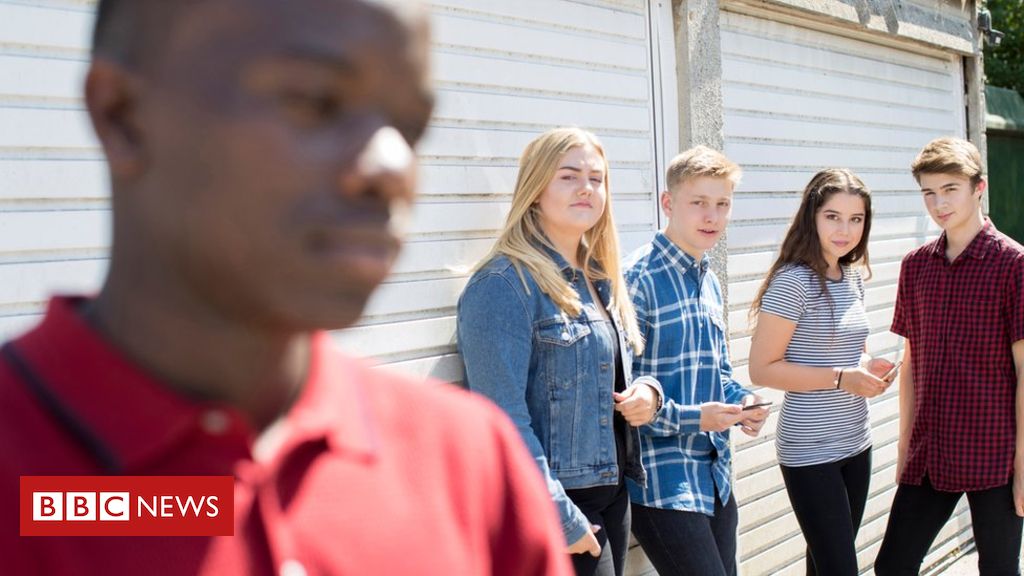
Image copyright
Getty Images
In primary and secondary school, Holly (not her real name) made racist comments towards the black students she was in class with.
“I remember thinking it was funny and I was being cool,” the 22-year-old tells Radio 1 Newsbeat.
Even after being told by the people she was racially abusing that it was wrong, Holly continued to do so.
The death of George Floyd in America and Black Lives Matter protests across the world have forced some people, like Holly, to confront their past racism and try to make amends.
“It’s made me apologise for my racist behaviour when I was younger,” she adds.
‘What I did was so wrong’
Holly thinks one of the reasons for her behaviour was the influence of her family and friends growing up.
“I went to schools which were majority white, and I wasn’t really exposed much to people from other backgrounds.”
Groups Holly was part of would be racist towards classmates, and she would “try to fit in”.
She adds that her family’s racist beliefs affected her thinking.
“They have very white-centric views. I think they believe black people are trying to be more superior, rather than be equal to white people.”
But Holly accepts that ultimately, she is responsible for her own actions.
“Regardless, I know what I did was so wrong.”
Image copyright
Getty Images
Black and white people have joined protests since the death of George Floyd
Joe (not his real name) also believes the influences around him affected his behaviour in school.
“I don’t feel like my home was a hateful place. But I’d definitely hear the N-word every now and then,” he tells Newsbeat.
As he grew older, Joe copied his brothers when they would say racist things.
“Looking back, it was definitely not OK for me to say the things I did.”
Joe had “friends who were brown skinned” – he thought it was “his right” to use racial slurs such as the N-word.
He listened to songs which used the word and he “couldn’t see what was wrong”.
“I used phrases like the N-word indiscriminately and I didn’t worry what those around me would think.
“I even lost a friend after making a racist comment, and I still couldn’t see it back then.”
‘Cultural understanding’
Owen Jones is the director of education for campaign group Hope Not Hate, and he says there’s a lack of knowledge around the origins of the word.
“If everyone was given a proper understanding of its context, the links with the slave trade, they would understand the difference between listening to the music and repeating the word.”
“It’s having that cultural understanding which is lacking.”
‘I admit I messed up’
Holly’s change in attitude came when she changed her social circles and joined a church, where she spent more time with black people.
For Joe, it’s slightly different.
His “turning point” came five years ago when somebody taught him about microaggressions – subtle but offensive actions directed towards minorities which can reinforce stereotypes.
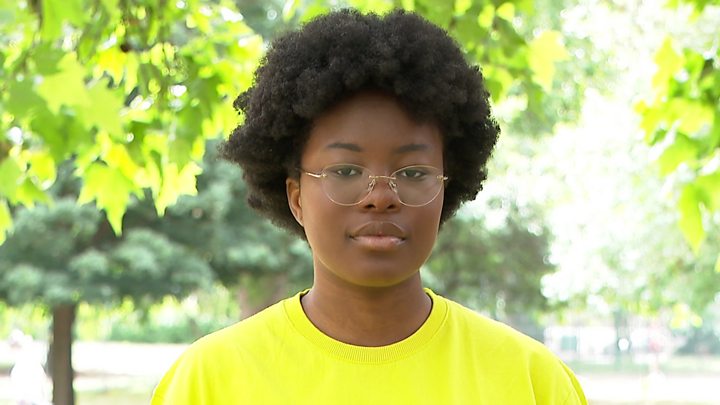
Media playback is unsupported on your device
Both Holly and Joe credit the Black Lives Matter movement for deeper self-reflection now.
Holly’s apologised for her past behaviour and says she is working to educate herself more about black history.
“Everyone has been glad that I’ve apologised and admitted what I did was wrong,” she says.
Joe acknowledges the protests have made him want to “rectify the pain he caused”.
“I admit I messed up, so I know it’s right to have said sorry to the people I hurt when I was younger,” he adds.
‘It’s not enough to just hope and say no to racism’
Holly and Joe say they are supporting the fight against racism.
Joe’s attended Black Lives Matter protests in the UK recently, and plans to go to more.
He now works for a group which promotes educational equality. He says it’s important to tell children when they slip up.
“If they say something they shouldn’t – like the N-word in a song – it’s down to us to explain why that’s not OK.”
“I’ve been sharing links, singing petitions and trying to help people educate themselves,” Holly says.
That includes her family, which has been hard “because they only see what’s portrayed in the media they watch”.
Owen agrees and says to prevent racism at an early age, it’s important to get “kids out of their cultural bubble” – which is what changed Holly.
And in regions where there’s not much diversity, he suggests taking children to places where there are mixed backgrounds to “show them people get along and the scare-mongering they might have heard is untrue”.
“These things have been passed down for hundreds of years. We’re not born with racism, but we do have the capacity to be racist.
“And it’s easy to slip into unless you have those conversations at a young age. It’s not enough to just hope and say no to racism,” he adds.
Follow Newsbeat on Instagram, Facebook, Twitter and YouTube.
Listen to Newsbeat live at 12:45 and 17:45 weekdays – or listen back here.

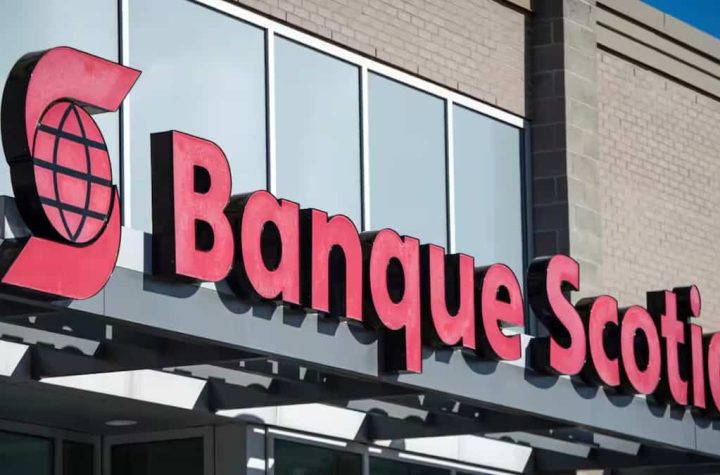
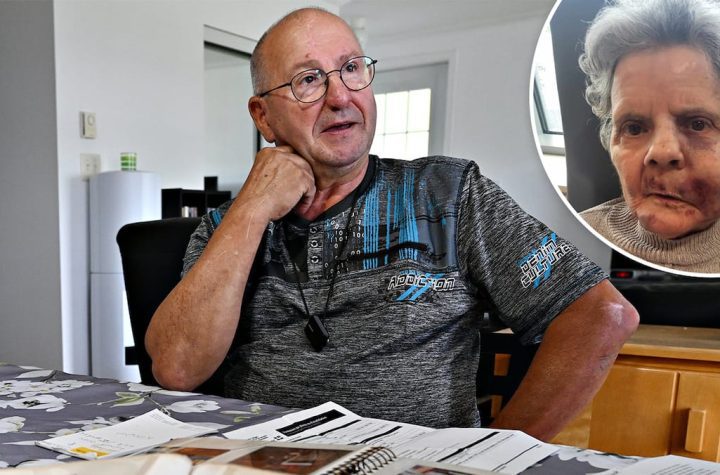
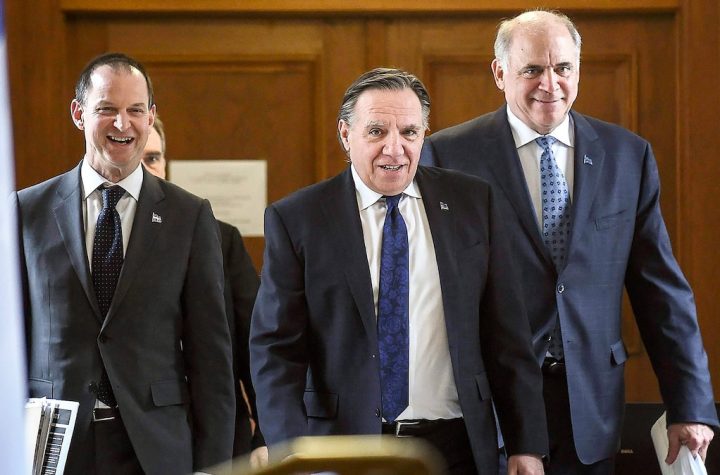
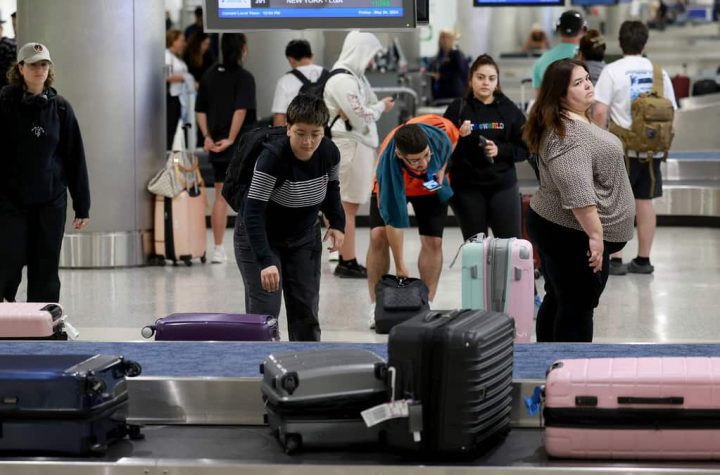
More Stories
Buy Instagram Followers and Likes: A Detailed Review of InsFollowPro.com
Things to Consider When Going with Sliding Patio for Backyard
Where to Start Automation. Monitor Stands